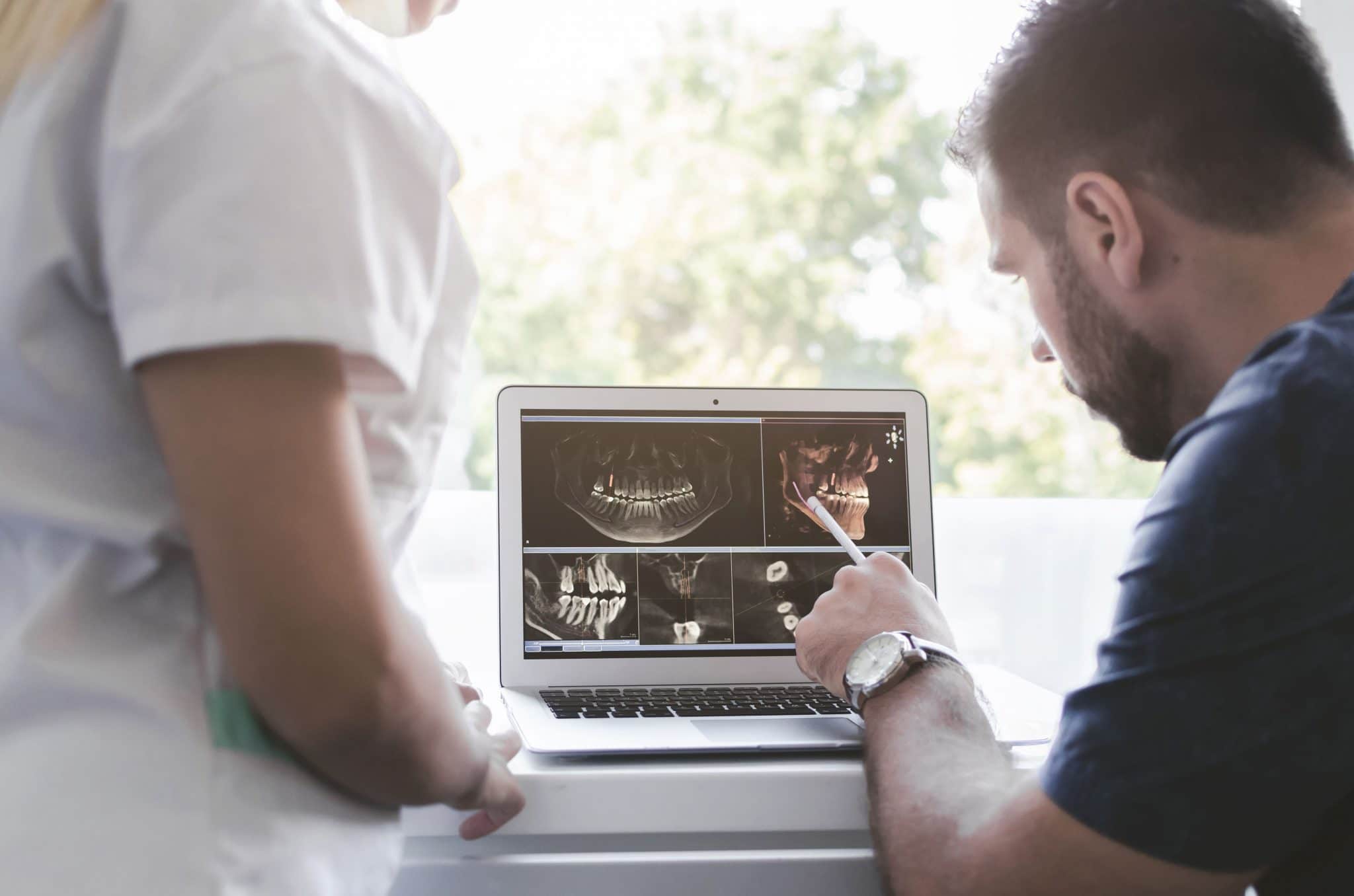Jaws are an important part of our oral health and help us to function normally. Eating, speaking, breathing, and drinking are all essential functions of the jaw. When you have an injury to your jaw it is important to watch out for certain symptoms that may indicate you need to call an oral surgeon.
At North Texas Oral & Facial Surgery, we are trained to identify and treat jaw injuries or fractures. Our doctors have years of experience in oral surgery and jaw complications. We encourage patients that think they may have an issue with their jaw to contact our office, and be seen as soon as possible.
What Are the Symptoms of a Jaw Injury?
- Swelling or bruising on your face
- Protrusions on the side of your face
- Pain that does not subside, or pain when you chew or move your jaw
- Abnormal bite
- A sudden overbite
If you have any of these symptoms, you should seek medical attention as soon as possible. If jaw fractures are not treated promptly an infection could develop.
What Are My Treatment Options?
Any jaw injury is treated as an emergency, and we encourage you to contact our office. Our doctor will meet with you, and evaluate the severity of your injury. A thorough exam will be done and x-rays will be taken. Depending on the issue, our doctor will try and move your jaw into the correct position. Local anesthetics may be used to help with pain, and allow our team work on your jaw.
If the break is severe, surgery may be required. Some jaw breaks can heal on their own if the patient can keep their jaw still. If there are multiple issues and fractures, the only solution may be oral surgery to repair the jaw.
What To Expect During Recovery?
After jaw surgery your mouth will be bandaged and wired shut. This helps to prevent you from moving the jaw and damaging the area that was fixed. Patients will not be able to use their jaw, or open their mouth for at least six weeks. We recommend a liquid diet with some soft foods only if the patient can chew them. Our staff will discuss recommended nutrition during your recovery. We want our patients to remain healthy and maintain their weight. Eating a nutritious diet to make sure you are consuming enough calories is important. Overall, the recovery will take several months until your jaw heals successfully.
Will There Be Any Long-Term Effects?
Most patients heal perfectly after their jaw surgery. The function of the jaw is restored, and they can go back to their normal routine. Some patients may experience side effects such as jaw pain or temporomandibular joint disorder. Protecting your jaw from future injury is important. Patients who have dislocated or broken their jaw are more susceptible to future injuries.
Do You Think You May Have A Jaw Injury?
If you suspect you may have a jaw injury, we encourage you to call our office to be seen right away. Jaw injuries are considered emergencies, and should always be treated promptly to avoid complications. At North Texas Oral & Facial Surgery, we are trained to handle any dental emergency, and want our patients to know they are in good hands.
To schedule your appointment contact North Texas Oral & Facial Surgery, and our friendly staff will assist you.


